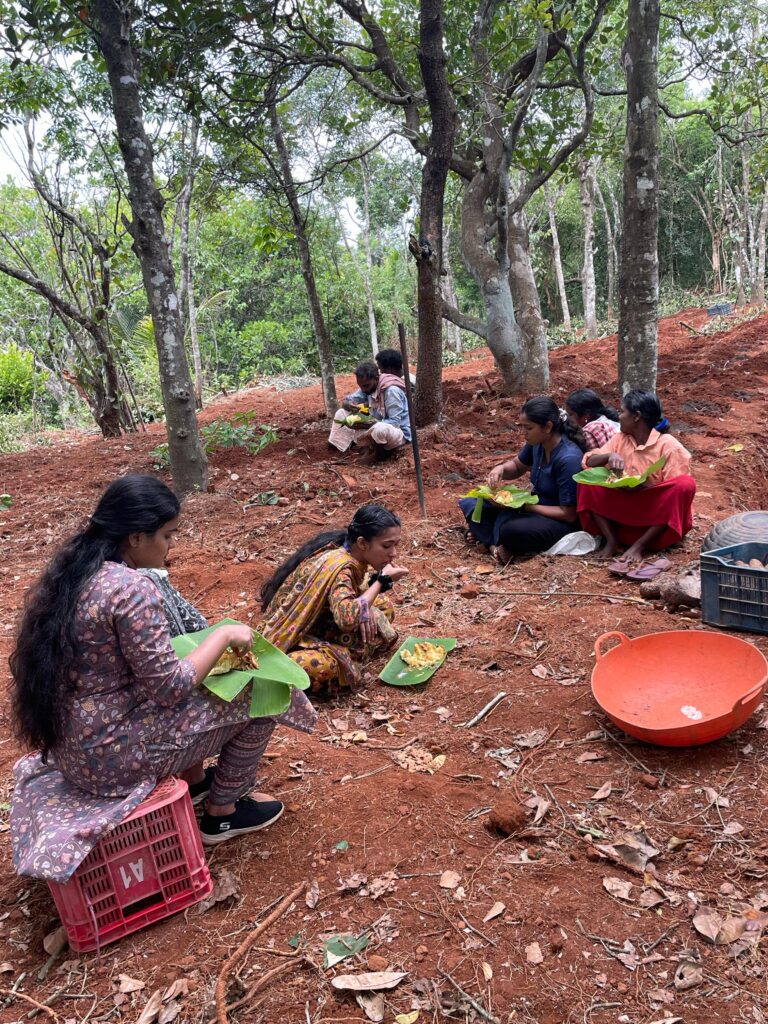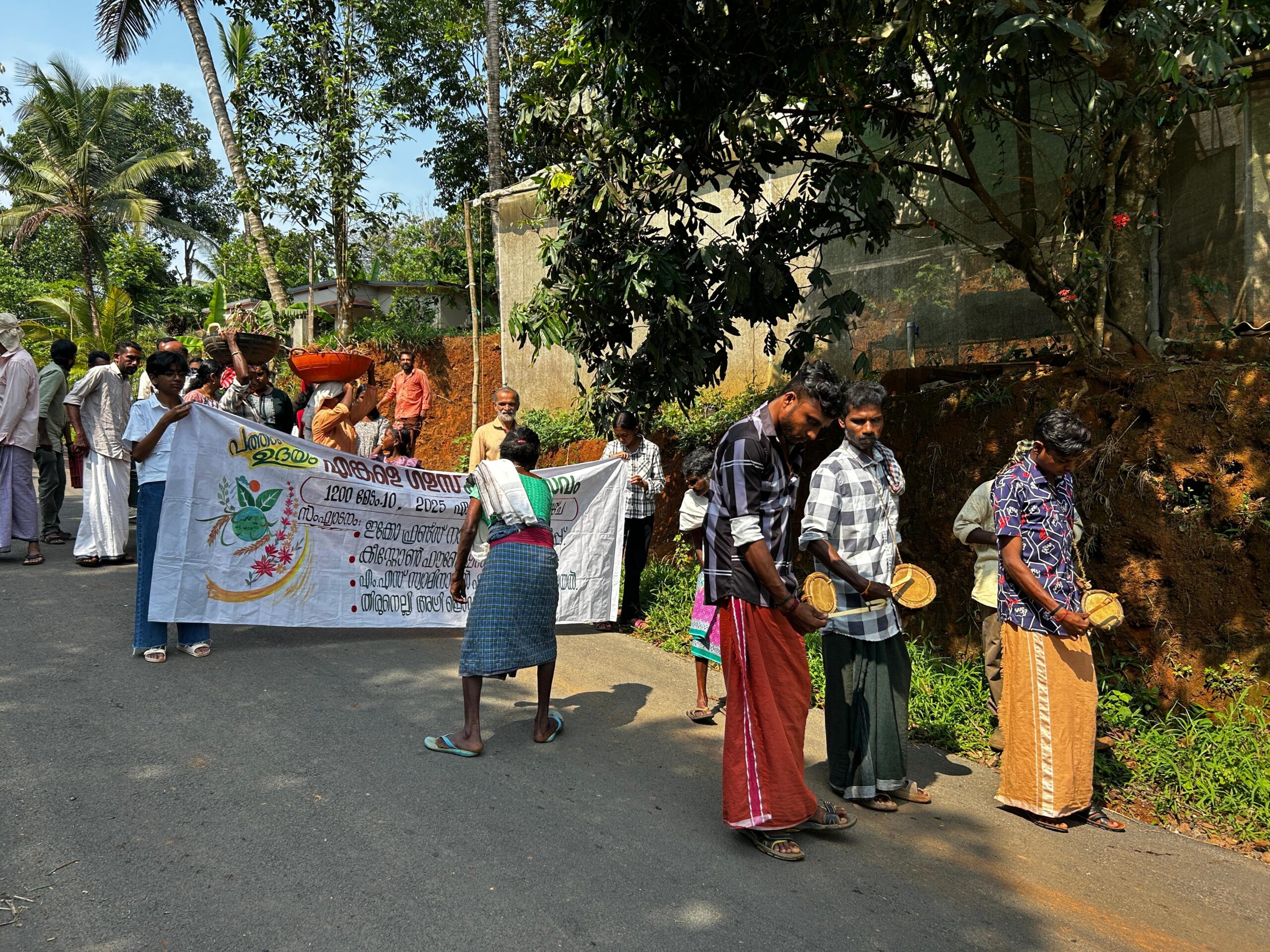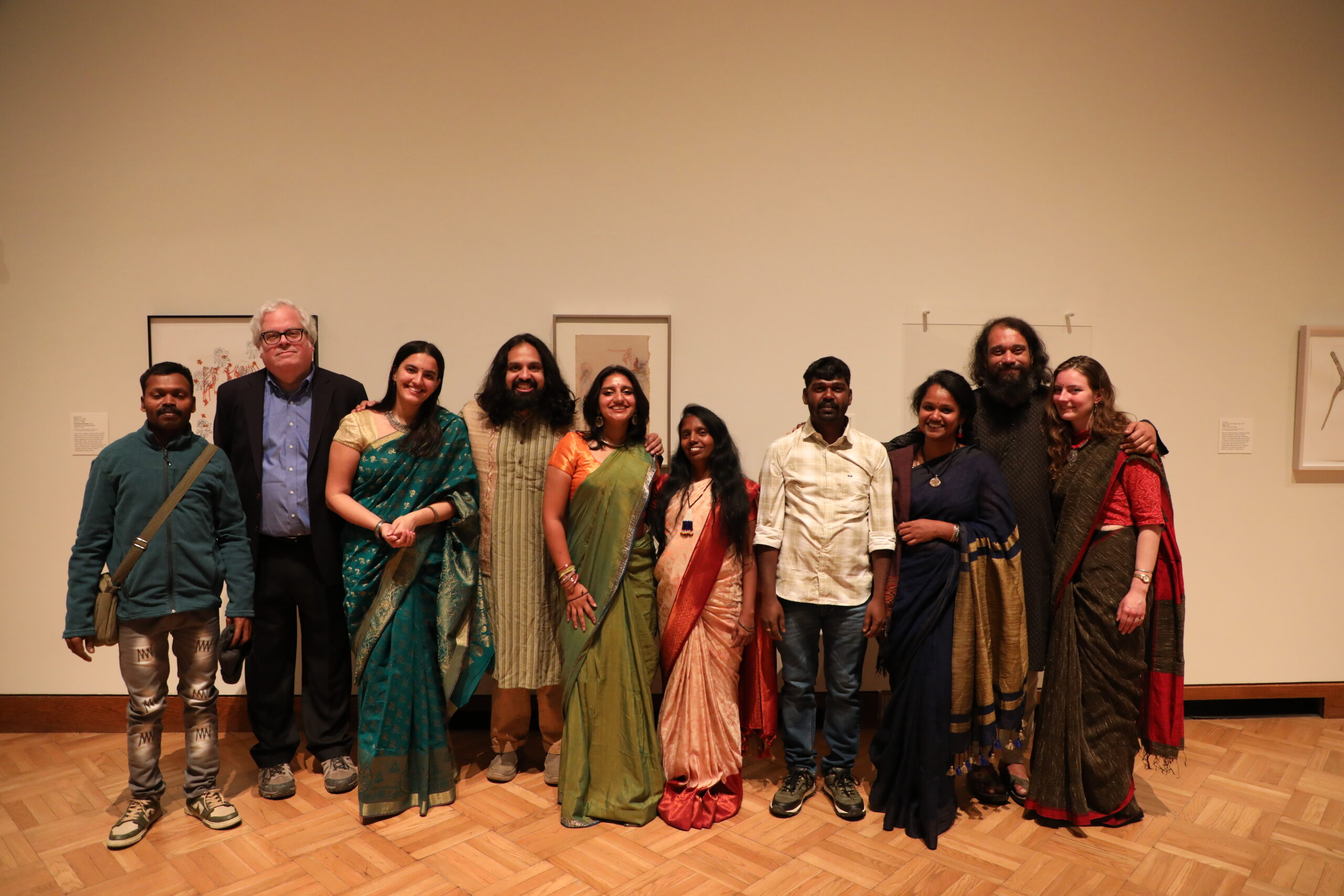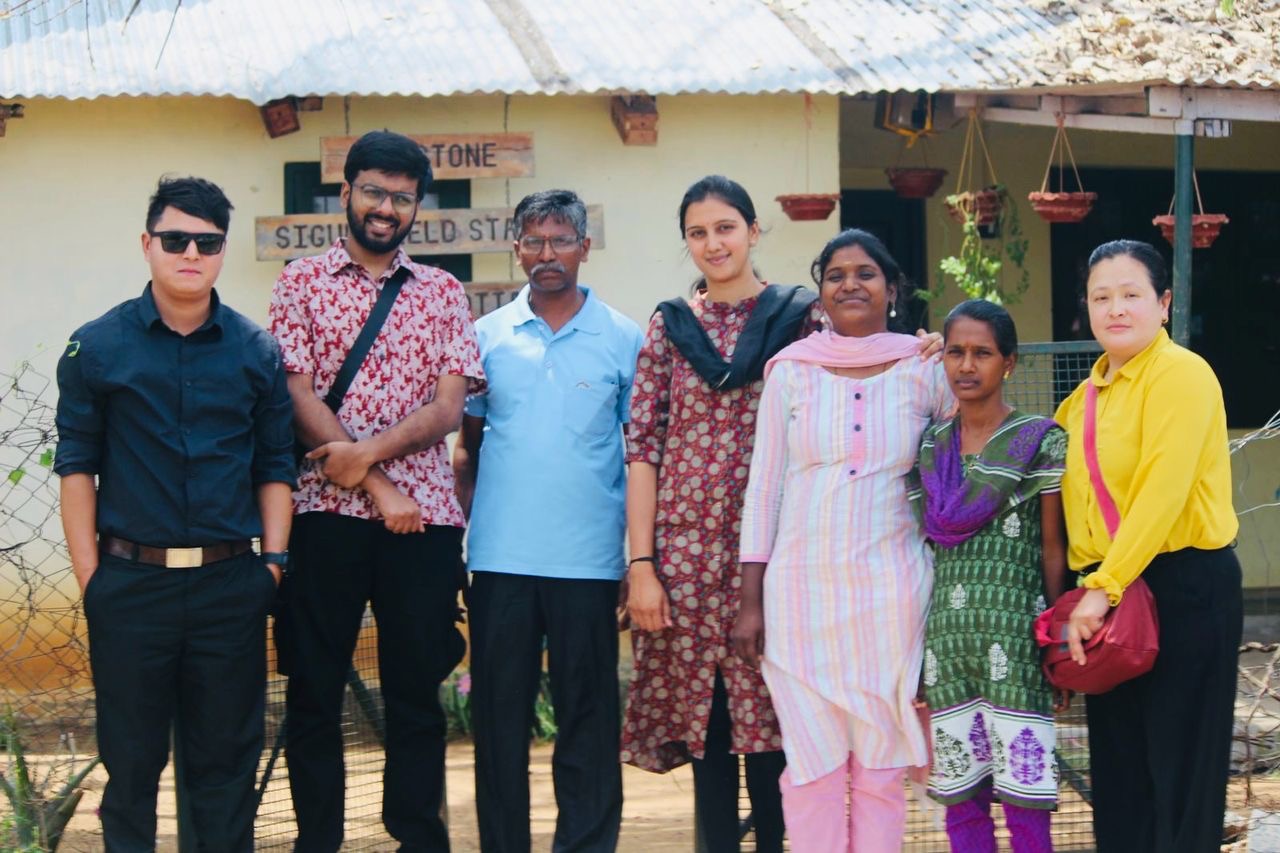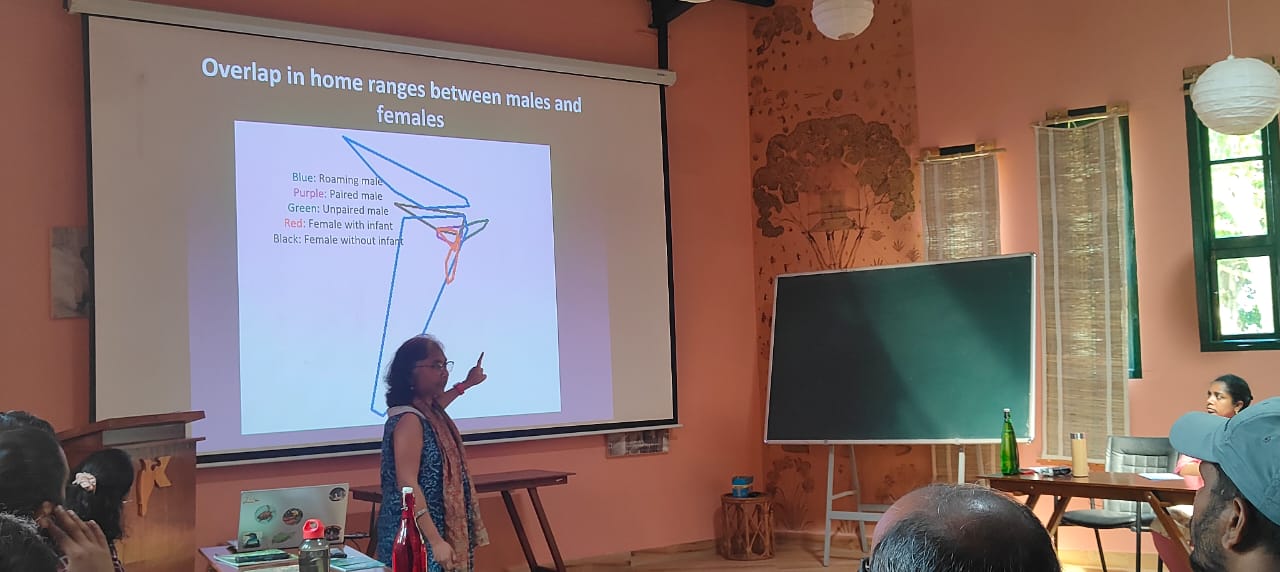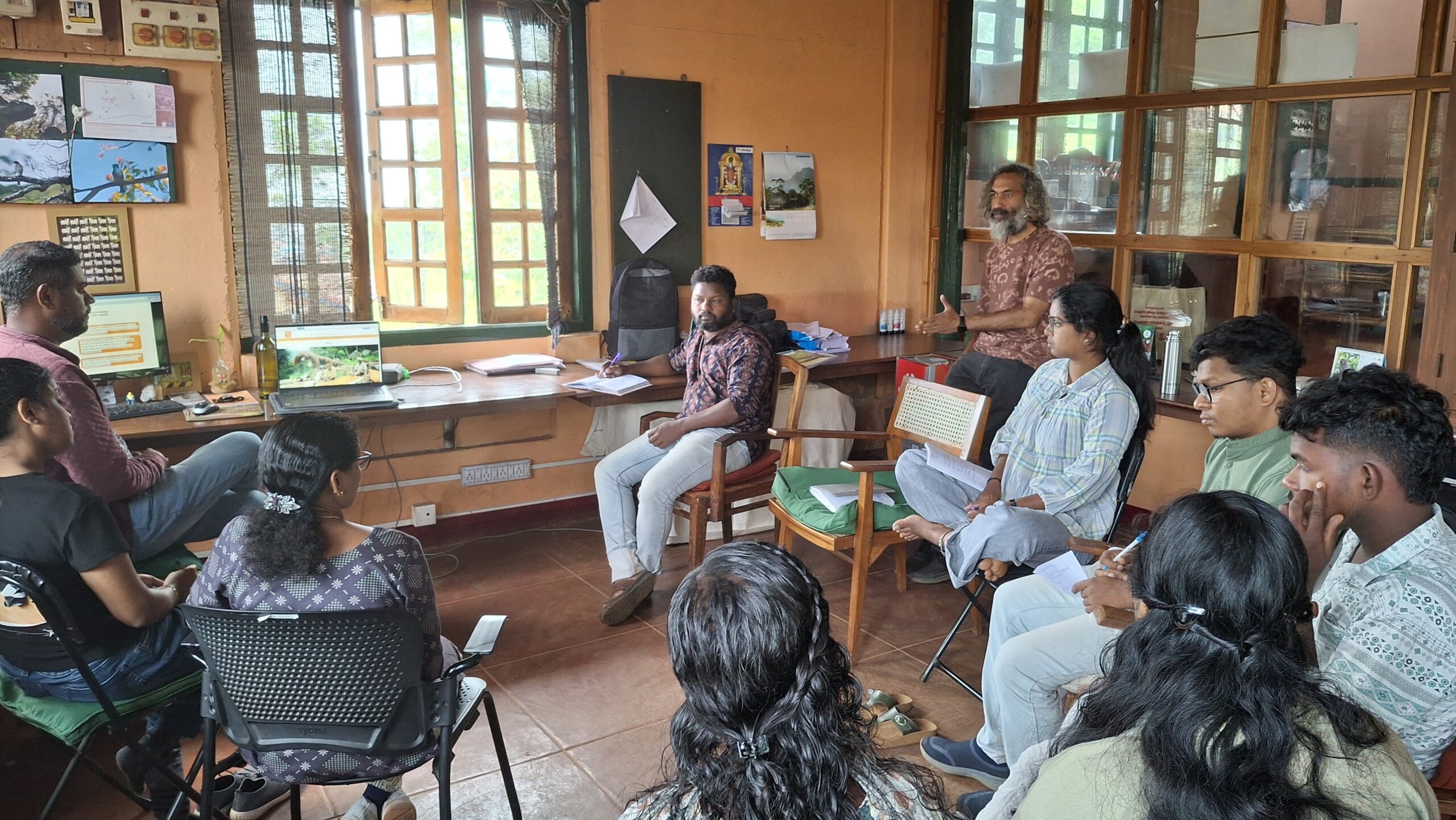By Muhammed Rafi, Community wellbeing
The Engale Gallau Tuber Planting Festival was jointly organized by the Nattarivu Padana Kendra (Indigenous Knowledge Study Centre) and Keystone Foundation at Edavaka Panchayat in Wayanad district.
Nattarivu Padana Kendra serves as a vital space for the sharing of traditional farming knowledge and practices among experienced farmers who share a common vision. One of the Centre’s core missions is the conservation and exchange of locally endangered seeds. Based on the concept of a Live Seed Bank, the Centre ensures that seeds are sown in tune with the appropriate agricultural season and local conditions, nurtured through traditional methods, harvested carefully, and then made available to interested farmers. Over the years, these organically grown, chemical-free seeds have provided high yields to farmers in the region.
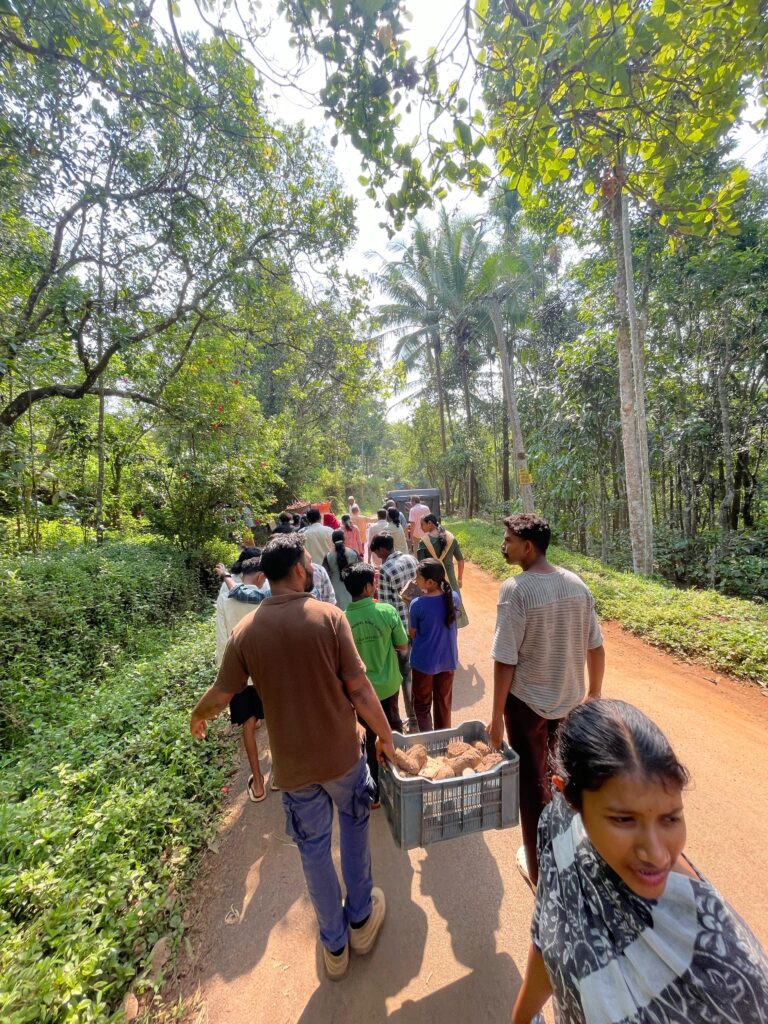
Tuber crops, once a staple in the diet of both indigenous communities and migrant farmers in Wayanad, have witnessed a sharp decline in cultivation. To counter this trend and to enrich the local diet with nutritious diversity, the Centre, in collaboration with Keystone Foundation, has initiated the Live Seed Bank for Tubers—aimed at reviving traditional tuber cultivation practices.
On April 23, 2025 (Medam 10 in the Malayalam calendar), a date traditionally considered auspicious for the start of farming activities, the planting festival was conducted at the farmland adjacent to the Study Centre. This marks the onset of the growing season, when the early summer rains prepare the soil for planting. A Bhumi Puja (Earth Worship Ritual) led by the local indigenous community offered prayers for the healthy sprouting and flourishing of the tubers, symbolically committing them to the earth.
A public function followed the planting ceremony, graced by Mananthavady Block Panchayat President Mr. Justin Baby, Edavaka Grama Panchayat President Mr. Ahammed Kutty, Keystone Foundation Program Coordinator Mr. K. G. Ramachandran, Study Centre Director Mr. P. J. Manuel, and Wayanad District Chairperson of the Biodiversity Board Mr. T. C. Joseph.
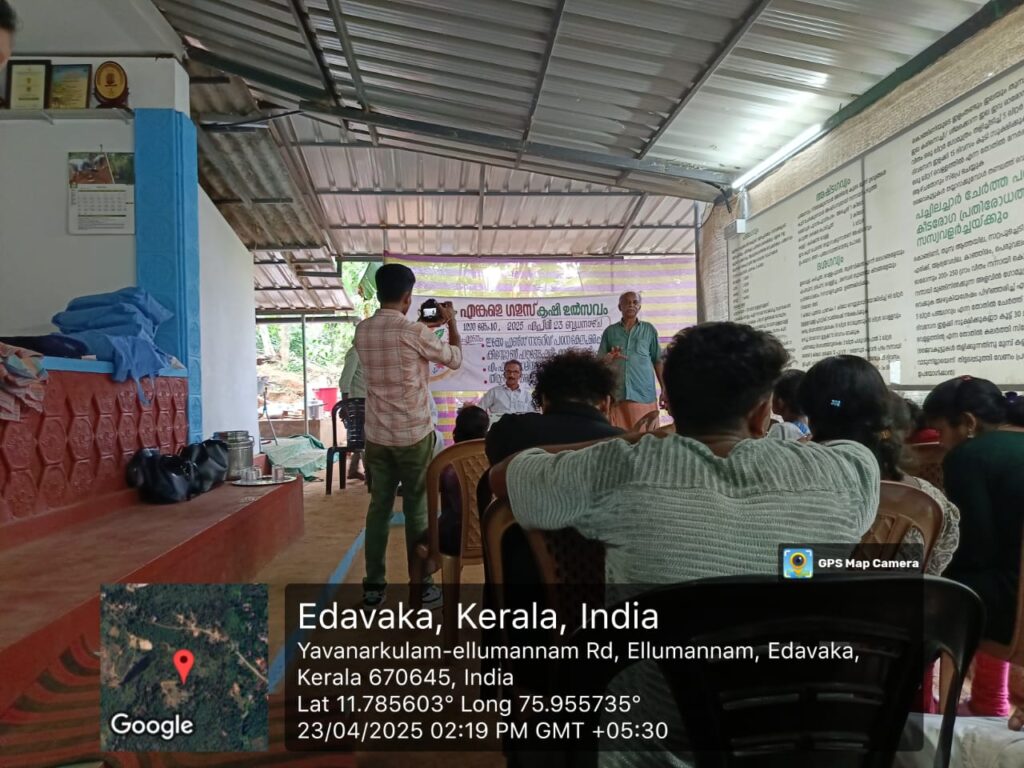
A large part of Wayanad’s agricultural workforce—especially those engaged in physically demanding labor across the fields—comprises members of the Paniya tribal community. In recognition of their contributions, three elderly women from the Paniya tribe were honored during the event, adding a deeper layer of meaning to the Pathamudayam (10th day of Medam) celebrations.
A traditional lunch featuring koottupuzhukku (a mixed tuber dish) and kanji made with Wayanadan thondi rice offered attendees a unique taste of the region’s rich culinary heritage, especially to the younger generation.
The festival concluded with cultural performances by the Paniya community, featuring traditional musical instruments such as the thudi and kuzhal. Through their music, dance, and storytelling, they shared the cultural and agricultural significance of Pathamudayam, passing it on to future generations.
